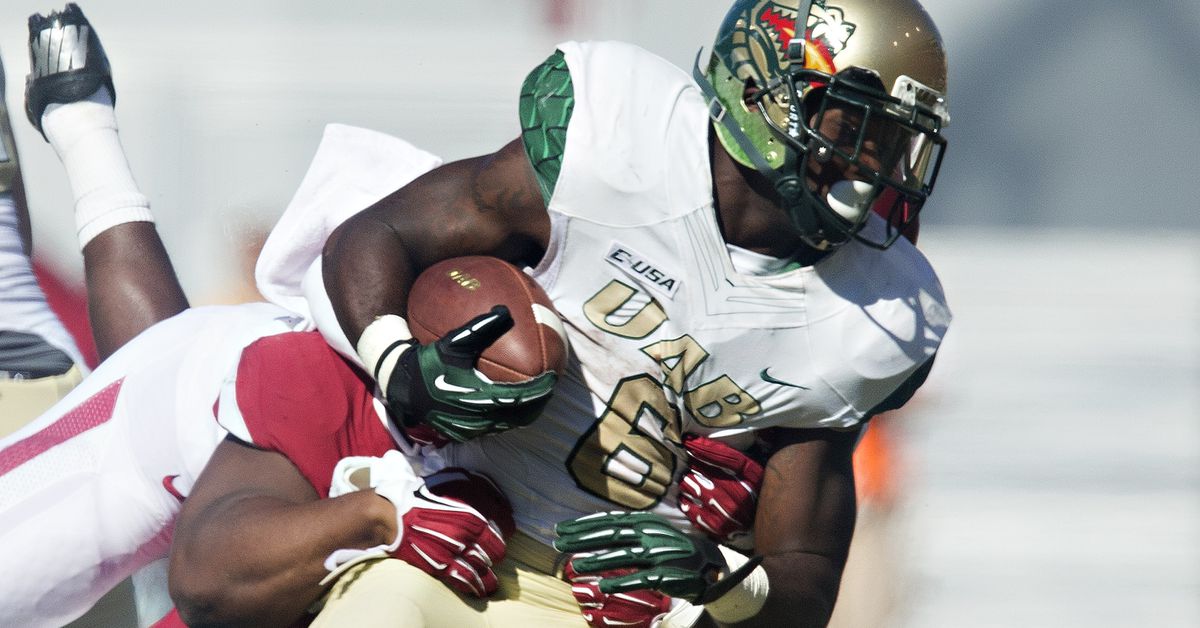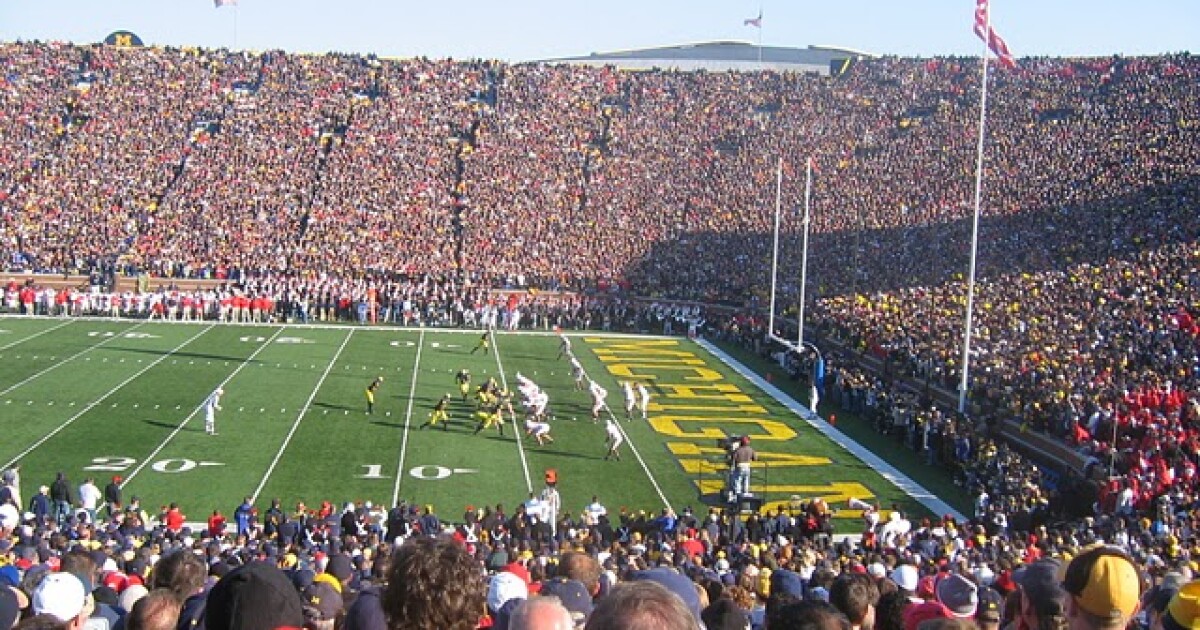None of this is an excuse to deny players the economic rights they're entitled to by law, instead of being suppressed under the bunk concept of amateurism. .
By what current law, specifically, are players entitled to money they are not receiving? You'd figure if there was some current law already on the books that mandated what you claim, there would have been all sorts of lawsuits filed in which players would have cashed in on that legal entitlement. I'm not aware of any. There was one non-binding opinion by the National Labor Relations Board holding that student athletes were employees entitled to minimum wage, but that was tossed almost immediately by the Court of Appeals.
You're advocating for a
change to current law -- it's not what current law actually is. If you want to make it so that college scholarship athletes are legally considered "employees" under the Fair Labor Standards Act, you need to change that law.
Holding other sports hostage because of the failed efforts to monetize wildly popular sports is not the fault of the students who labor to play them.
I agree -it isn't their fault. I'm just saying that's the reality of the financial situation. If you force schools to take that football income over expenses and pay it out to football players as cash, that same money cannot be used to fund other sports. And that makes it very likely some of those sports disappear. That will be the reality, regardless of fault. It's already happening now because those schools are not willing to go further into the red to fund non-revenue producing sports when revenues are down because of the pandemic.
It's also relevant to look at that in terms of the argument that colleges are making huge "profits" off of athletes. Well, not exactly. They're using a huge chunk of that money to fund the athletic activities of
other college students. That's not
quite as greedy/nefarious as you're making it out to be.
My fiance rode and coached crew for the majority of her life, and those on her high school team got scholarships from schools because of the Title IX & OOS tuition waivers which provide the school even more money and opportunity to fund these sports. One of her girls got offered by schools like Marquette and St. Joe's, who don't even have a serious football team which funds their efforts.
Title IX will ensure that some small number of women's sports exist to offset the number of guys playing football. But if guys want to play a sport other than football or basketball, they may be out of luck. As will be a lot of women's sports not necessary to meet Title IX requirements.
Once again, the market doesn't lie.
On this, we
absolutely agree.
So you have to ask the question -- if big-time college athletes are the true revenue drivers for college football, why hasn't a "minor league" for football that can take advantage of their economic value while paying them at the same time been able to survive? If colleges are simply exploiting them, then the most logical thing for them to do is
leave ,and just become professionals elsewhere. That's why I'm a big fan of something like the XFL giving these guys an alternative to college football. It'd be an interesting market experiment as to who is more likely to survive and thrive -- college football without those players who demand to be paid, or the individual players without the support of the college system.
Maybe the best thing would be a player-owned league, like a co-op. That way, there are no team owners or administrators profiting off the labor of the players. Just the players running their own league, and keeping all the money for themselves. Maybe instead of paying expensive coaches salaries, the teams are all player-coached. Why not?
Let the market decide! Bonus is that because it would be an employee-owned league, they could cancel the season because of Covid-like concerns without having anyone tell them that they have to play.

